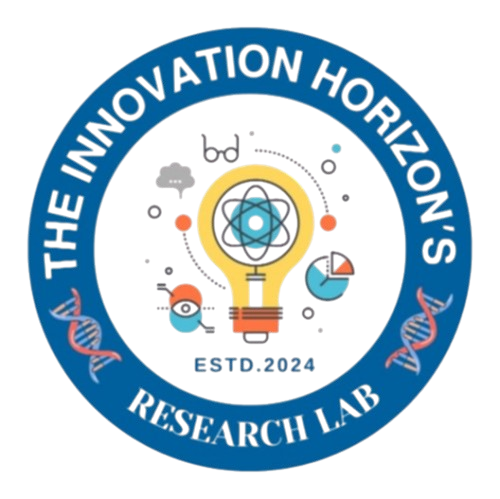Aquaculture is a rapidly growing sector that significantly contributes to global food security. However, the intensification of fish farming practices has led to increased disease outbreaks, resulting in economic losses and over-reliance on antibiotics. This has raised serious concerns about antibiotic resistance, environmental degradation, and food safety. To address these challenges, the development of probiotic-based health management strategies has gained prominence as an eco-friendly and sustainable alternative.
Probiotics are live microorganisms that, when administered in adequate amounts, confer health benefits to the host. In aquaculture, probiotics improve water quality, enhance nutrient digestion, boost immunity, and outcompete pathogenic bacteria through competitive exclusion and production of antimicrobial compounds. Common probiotic strains used include species of Bacillus, Lactobacillus, Pseudomonas, and Saccharomyces.
Research has shown that probiotics can significantly reduce the incidence of bacterial infections such as Aeromonas hydrophila, Vibrio spp., and Edwardsiella tarda in fish and shrimp. Moreover, they contribute to better growth performance, feed conversion efficiency, and survival rates in cultured species. Probiotics can be administered through feed supplementation, water inoculation, or as bioencapsulation in live feed for larval stages.
Despite their potential, challenges remain in terms of selecting effective strains, ensuring stability under farm conditions, and understanding the complex interactions between probiotics, host species, and the aquatic environment. Therefore, future research should focus on strain-specific mechanisms, optimal dosing strategies, multi-strain formulation, and field-level validation across diverse aquaculture systems.
In conclusion, probiotic-based health management represents a promising frontier in sustainable aquaculture. It aligns with the global movement towards antibiotic-free farming, improved animal welfare, and environmental protection. Developing robust probiotic strategies could significantly enhance the resilience and productivity of aquaculture systems worldwide.
Md. Maynuddin Pathan
Assistant Team Lead, The Innovation Horizons Research Lab
